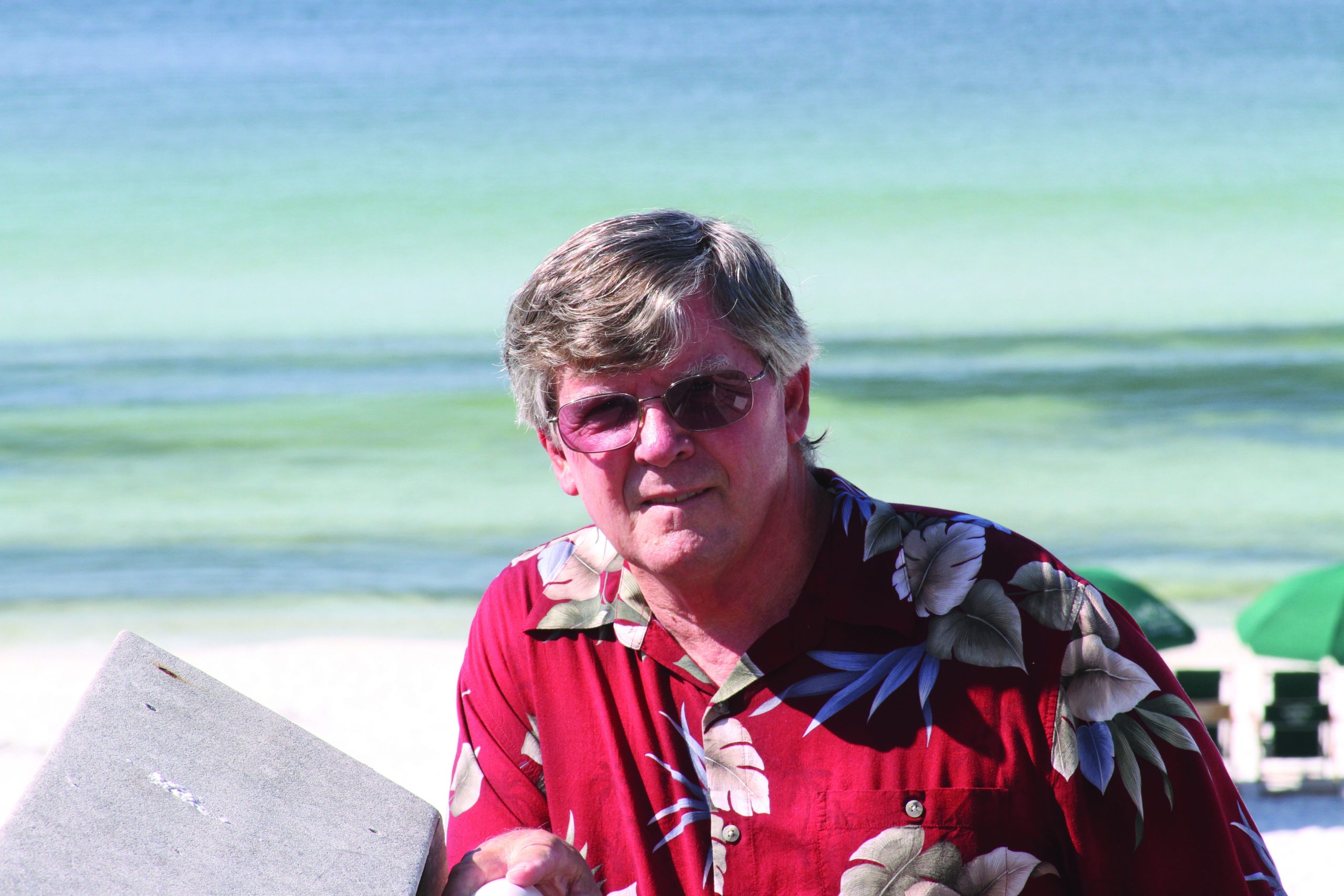By Hardy Jackson
On occasion, I have written about efforts by preachers and politicians to predict a coming catastrophe that will destroy us all.
Each time one of these pronouncements appears I am reminded of what Mark Twain said on the subject.
“I don’t worry about predictions of the end of the world,” Twain wrote. “In my experience, less than half of them come true.”
What a relief.
Then in 2015, there came to me a sign that could mean that “THE END” was indeed nigh.
Word got out that Playboy would no longer include pictures of nude women in its magazine.
The reaction was immediate.
“So what?”
Apparently, folks who want to see nudity go to the internet where, by the way, you can also find Playboy.
So I am told.
Now let’s give credit where it is due. Historians consider Playboy a leader in a cultural shift that began after World War II, and in some quarters, continues today. The magazine introduced men of Baby Boom to the wonders of the female form. The soda fountain in my little town had a magazine rack, but the owner kept Playboy behind the counter, out of sight but within the purchasing of those he felt old enough to appreciate the magazine’s literary quality.
“I don’t look at the pictures,” buyers said. “I read the articles.”
Yeah, right.
I had a boyhood friend who hid copies of Playboy under his mattress. One day he came home from school to find the bedding sunning in the yard.
“I think you’ll sleep better now,” was all his mother said.
It was a setback for many. The magazines were purchased collectively and destined to be passed around for weeks.
Of course, the impact of Playboy and the influence of its founder, Hugh Hefner, went far beyond the posed, airbrushed, and provocatively photographed women that boys such as I could never hope to meet. In the ‘60s, Hefner’s “Playboy Philosophy” helped fire the “sexual revolution” and his libertarian social leanings were embraced by many.
At the same time, Playboy published leading authors as well as rising literary stars, and the “Playboy Interview” attracted people you would never expect to be interviewed in a “girly” magazine – John Lennon, Martin Luther King Jr, and Jimmy Carter who admitted that he “lusted in his heart” for women other than his wife.
At the height of its popularity, Playboy was more than fuel for teenage boy fantasies. It became the how-to guide for the self-absorbed adult male who dreamed of “mixing up cocktails and an hors d’oeuvre or two, putting a little mood music on the phonograph, and inviting in a female acquaintance for a quiet discussion on Picasso, Nietzsche, jazz, and sex” just like Hefner said he did.
But that was then.
After taking a hard look at how the magazine “objectified” women, a Playboy editor went to the boss with an idea for redesigning the magazine and dropping nudity.
Hefner agreed. With real porn available at the click of a button (even in Alabama), Playboy no longer had the shock value and the cultural relevance they once had. On Dec. 11, 2015, the last nude issue of Playboy hit the stands.
Not that it made any difference to the bottom line.
Though the magazine had been losing money, the folks handling the business end of the organization consider this a marketing expense. To them Playboy is just one part of a company that “makes most of its money from licensing its ubiquitous brand and logo across the world.”
So, what was left?
Well Playboy promised more in-depth interviews, more fiction. There would still be beautiful girls, but the pictures will be PG-13.
All of this was being done to shift Playboy’s focus to a new target audience — “young men who live in cities” and “have a job.”
Although the editor who proposed the plan observed, “the 12-year-old me is very disappointed in current me,” the no-nude Playboy was launched.
The experiment lasted one year.
Admitting that the way nudity had previously portrayed was “dated,” Cooper Hefner (Hugh’s son) announced that “removing it entirely was a mistake.”
Apparently, there weren’t enough young men who read Nietzsche, listen to jazz, and bought the magazine for the articles and interviews, to keep the project going.
Meanwhile, I suspect that the editor who worried that by supporting the no-nude Playboy the “12-year-old me is very disappointed in current me” can breath a sigh of relief.
As for the 12-year- old boy, he is on the internet, and not looking up Nietzsche.
Harvey H. (“Hardy”) Jackson is professor emeritus of history at Jacksonville State University. He can be reached at hjackson@cableone.net.

